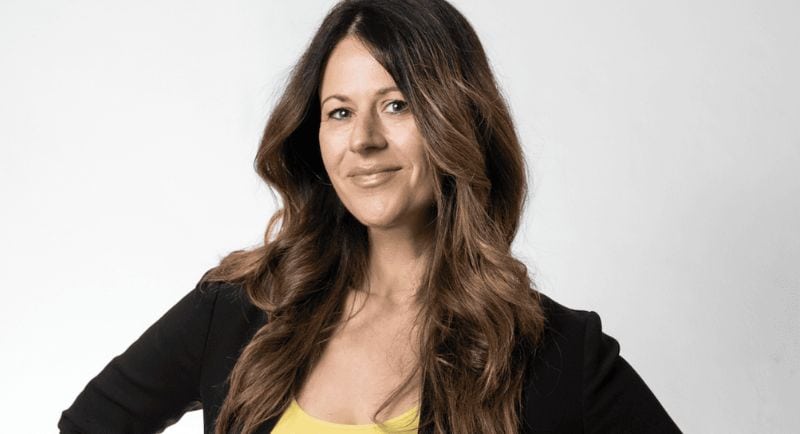By Nicole Velik, founder and director, The Ideas Bodega
I know this will sound stupid but… This is the way most brilliant ideas start, according to the chief creative officer of The Monkeys Aotearoa, Damon Stapleton.
I recently sat down with Damon to interview him for my podcast, Creativity Unpacked. We delved into some of the brilliant campaigns he’s worked on, and I noticed a common thread. The genesis of the ideas started with an off-the-cuff comment, a stupid idea or even a joke.
The brilliant and heavily awarded Samsung iTest campaign from DDB Tribal Aotearoa started with a joke. Damon and his team were trying to get iPhone users to trial a Samsung. It all started when someone jokingly said, “What if you could just turn an iPhone into a Samsung?”. Instead of laughing the idea off, the joke became a reality. They actually made it happen.
The problem is that the corporate world glorifies intelligence, linear thinking, process and rationality. Creativity is anything but that. It seems a bit risky to allow people a space for stupid ideas and playfulness, but Damon makes a good point. He thinks it’s too risky not to. Creativity is what moves us forward. “Creativity is not linear; it’s a leap.” He quotes Einstein, who famously said, Creativity is intelligence having fun. If you’re too worried about the intelligence and you’re not nurturing the fun, you’ll never get anywhere new.
We need to cultivate environments where people feel safe to say something stupid, where they can share a crazy idea and know they won’t be judged. That’s the only way we’ll move beyond business-as-usual ideas.
So how can we nurture environments where people feel comfortable to say, “This might sound stupid but…”? Here are five ways.
1. Lead by example. If the leader throws out a crazy idea first, shows vulnerability and isn’t afraid to get it wrong, that, in turn, creates an environment where others will follow suit.
2. When I facilitate brainstorms, I always ask participants to share their crap ideas. You’ll often hear me say, “Give me five crap ideas now”. When it comes to brainstorming, I can’t stress enough the importance of generating crap ideas. The request for these ideas is not only unexpected and humorous, but it is extremely liberating. The interesting thing is that the ideas they then give me are usually really good.
3. Create a neutral playing field where everyone feels equal no matter what department they work in or their job title. When people enter the room for a brainstorm, I tell them to “leave their titles at the door”. I want to make sure the most junior person feels comfortable sharing their ideas, especially if there is a “Creative” in the room.
4. Remind people in a brainstorm that we are in Divergent mode. It’s important to have a set amount of time where we defer judgment so ideas can live and grow. I like to use the analogy that ideas come out like a baby giraffe being born, a little wobbly, a little lanky, and they need time to find their feet.
5. Every organisation needs to have people who will protect ideas. Damon said Creatives can be seen as rockstars, but he sees them more like shepherds. An idea can so easily be killed unless someone is there to see its potential, get buy-in from all stakeholders and shepherd it to fruition.
The next time you hear, “This might sound crazy, but” take notice; it might just be the beginning of something big.
—
Top image: Nicole Velik, founder and director, The Ideas Bodega
